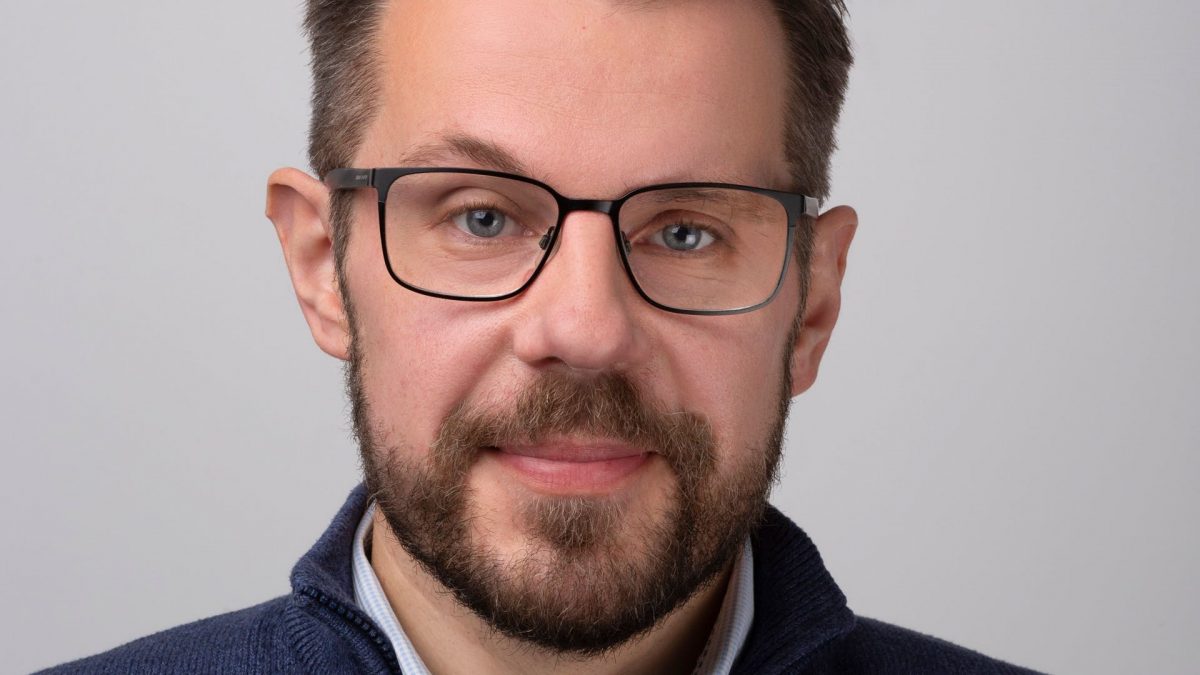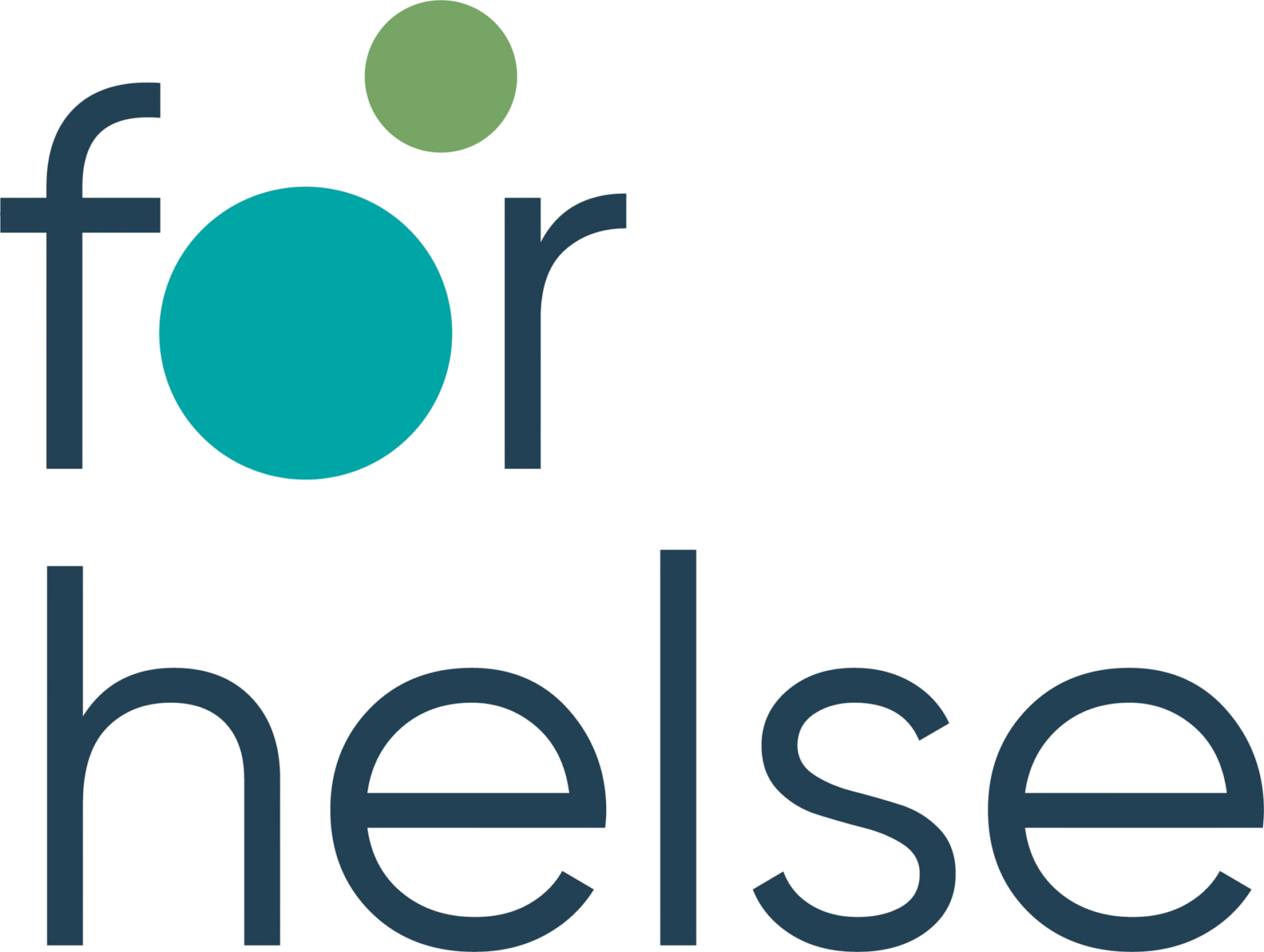Meet health service partner RBUP

RBUP (Regional Center for Child and Adolescent Mental Health, Health Region East and South) is currently researching an internet program for pregnant and new mothers called Mamma Mia. It is part of the research project MaMi trial which will promote good mental health for mothers through pregnancy and childbirth.
We had a chat with one of the researchers in the project, Filip Drozd, about why they wanted to be part of ForHelse and what thoughts they have about digitalisation in the health service.
What was your motivation to join the center?
RBUP’s motivation for joining the center was to evaluate budgetary cost/benefits for municipalities who are interested in using Mamma Mia. It would also be important in obtaining knowledge about important considerations and what impact it will have on costs if we have to adjust a little here and there to implement Mamma Mia in a sustainable way after the research project is over.
RBUP is part of Work Package 2 in ForHealth. You can read more about it here.
What is your role/contribution to the work package you are participating in?
We offer Mamma Mia as a case and help the center carry out a cost/benefit evaluation of the health-promoting and preventive programme for pregnancy and postpartum depression in the primary health services. We will also contribute professionally for our partners, so that together we can make the best possible evaluation of a widespread problem, and where knowledge about the cost-effectiveness of measures for our target group is lacking.
According to HelseNorge, about 1 out of 10 women in Norway develop depressive symptoms during pregnancy or after childbirth.
What challenges do you see in the project?
There are always big and small challenges in all research projects, but until now the biggest challenge has been recruiting municipalities. We are still in a pandemic that affects the municipalities and the child health clinic services, while previous challenges such as the lack of midwives in the municipalities have become more visible during the pandemic.
In short – there is a shortage of professionals and resources in the services that keeps many municipalities from participating, or they need more time to solve other challenges before they can possibly join.

Why is digitalisation important in the health sector?
On a general basis, digitalisation is important for providing equality of services in Norway, regardless of where you live. Digitalisation can add knowledge about competence where professionals, resources and capacity are lacking if it is integrated in a good way into the services.
– From a health-promoting and universal prevention perspective, it is difficult to envision how such work can be done in a good and systematic way without the use of digital tools, with all the major and important tasks to be covered in childbirth and maternity care and the within the child health clinic services.
What do you want to achieve during the 8 years in which the center will exist?
Our goal is to acquire new knowledge about the cost/benefits of digital self-help tools that are useful for all relevant operators in the maternity and postnatal care sector, and that can help us understand how Mamma Mia can be continued in a sustainable way to becomes a standardised service for all pregnant and postnatal women.
If you want to read more about Mamma Mia, you can do so here.
